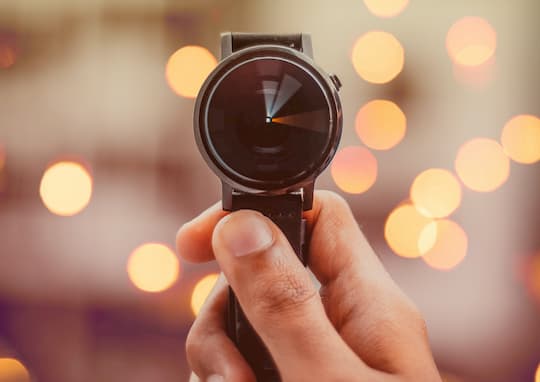The effect of lockdowns on our perception of the passage of time.
Lockdown and social and physical distancing measures have changed most people’s perception of time, research finds.
Around 40 percent of people felt time passed quicker during lockdown, while 40 percent felt it passed more slowly.
People who are busy, unstressed and happy with their social interactions found the time passed the quickest.
Dr Ruth Ogden, the study’s author, said:
“Eighty percent of people experienced distortion to the passage of time during the lockdown.
Lockdown passing more slowly than normal was associated with older age and reduced satisfaction with social interactions.”
The conclusions come from a survey of 604 people in the UK who answered a questionnaire about their perception of time during lockdown.
The results showed that young people tended to experience an acceleration in time during lockdown — it felt to them as though it was passing quicker.
This was particularly true of those who were busy, experiencing low levels of stress and who were satisfied with their levels of social interaction.
Introverts, who need less social interaction, this implies, tend to find the time flying during lockdown.
Extraverts — people who prefer more social interaction — are not so lucky.
In contrast to the young, older people tended to experience time slowing during lockdown.
This was especially true for those who were stressed, had little to occupy them and were socially dissatisfied.
Of course, our perceptions of time regularly shift, lockdown or not, depending on the activities, emotions or environment we are experiencing.
Dr Ogden writes:
“…positive affect and higher arousal are associated with the sensation of time passing more quickly in the moment.
[However,] negative affect (sadness) and low arousal are associated with time passing more slowly than normal.People with depression report that time passes more slowly than normal during episodes of depression.
Boredom has also been consistently associated with a slowing of the passage of time in a range of laboratory and real-world studies.”
→ My favourite everyday example of time distortion is the well-travelled road effect.
The study was published in the journal PLOS ONE (Ogden et al., 2020).

